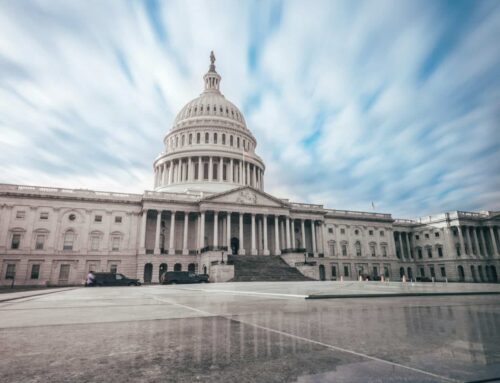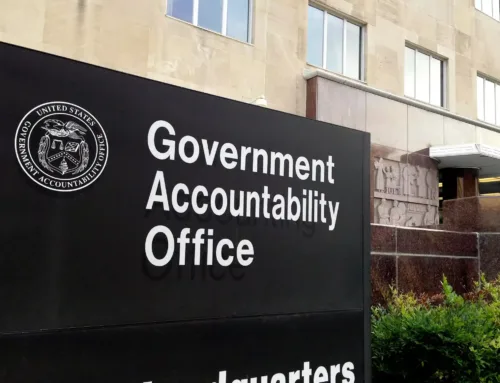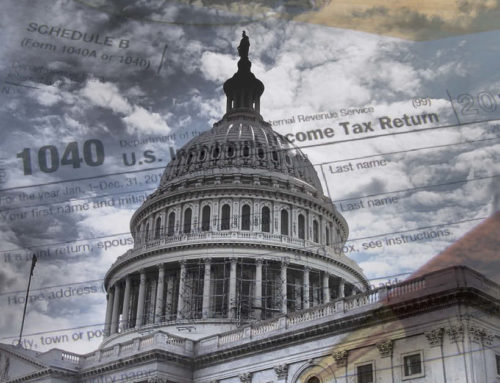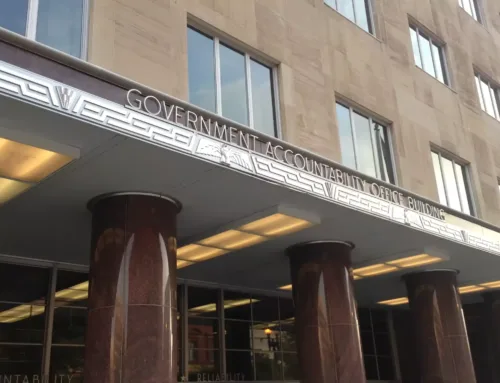On Monday the 2009 budget was Texas-two-stepped out to the public, but not surprisingly Congress didn’t want to “trip the light fantastic” in the budget ballroom as President Bush’s dance partner.
All presidential budgets are ideological wish lists, passed only if the president’s party holds both houses of Congress, and even then, little of that legislation makes it into the law books. They are political instruments – rife with platitudes and sycophantic melodies.
What makes this budget particularly distressing is that it is basically the same song he’s released in past years – counting on cuts and revenue streams that will never pass Congress to hold back a tidal wave of red ink. It wasn’t a hit in the past years and it won’t be a hit this year. Let’s take a look at a few of the oldies but goodies:
Program Cuts
For his swan song the president proposes cutting 151 (Table S-5) “wasteful or bloated” projects, implementing numerous new “user fees”, and has resurrected a number of familiar favorites from budgets past. For many on both sides of the aisle, these legislative bogeymen are not expected to receive much consideration. Time and again this president has proposed many of the same changes, only to be re-buffed. They stem from principled ideas, whether or not they have a chance of being enacted, and regardless of political proclivity. But it is irresponsible to count on budgetary savings from certain failures.
Medicare/Medicaid
You can tell that the Medicare budget proposal isn’t going to get too far when the Senate Finance Chair complains that the president proposes to “whack the beejeebies out of Medicare” (subsription) and Medicaid – an effort of his that is not new ('02), ('06), ('08). In short, he has proposed numerous times to cut certain payments to Medicare providers, with additional cuts slated for Medicaid. His 2009 budget proposes over $600 billion in Medicare and Medicaid cuts. And year after year, Congress restores the cuts.
Alaska National Wildlife Refuge (ANWR)
This provision has been put forth ad nauseam to no avail. Considering Republican majorities weren’t able to pass provisions drilling in ANWR, with the current make-up of Congress, there’s no chance of passage. Yet, the president again counts proceeds from ANWR drilling in his 2009 budget, misleadingly boosting future federal revenues in the process.
Iraq and Afghanistan
While it’s perfectly reasonable to claim that the costs of these military operations are difficult to estimate, it is ridiculous to not even estimate, given how long those operations have been in place and how much they have already cost. The 2009 budget plugs in a measly $70 billion for next year’s costs, about enough for the first quarter, while just days after the release of said budget, the Secretary of Defense remarked that Iraq and Afghanistan could easily cost as much as $170 billion.
And let’s be clear. All these tricks still don’t add up to anything close to a balanced budget: the projected 2009 deficit is already at $407 billion.
Smoke and mirror budgeting is an annual occurrence and comments from Congressional Democrats regarding the president’s 2009 budget are understandably derisive, but Republican Budget Committee leader Judd Gregg (R-NH) also warns that the president’s budget should not partake in “gamesmanship and gimmicks.” However you look at it, it seems that the president is comfortable living the federal budget version of the Bill Murray movie, Groundhog Day, resurrecting the same old proposals year after year.
There is nothing inherently wrong with the president using the budget dance to lay down markers of his policy priorities, even if they fall on deaf ears. But it does the process and taxpayers little good to just mail it in – proposing the same old ideas that have never passed muster. It’s the same old story, same old song and dance my friend.
For more information, contact Steve Ellis at (202)-546-8500 ext. 126 or steve [at] taxpayer.net










